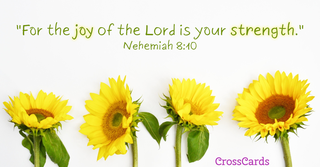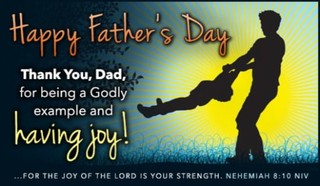
- Recent Translations
- All Translations
Nechemyah 8
Share
Settings
Nechemyah 8 Commentary
Chapter 8
The reading and expounding the law. (1-8) The people called upon to be joyful. (9-12) The feast of tabernacles, The joy of the people. (13-18)
Verses 1-8 Sacrifices were to be offered only at the door of the temple; but praying and preaching were, and are, services of religion, as acceptably performed in one place as in another. Masters of families should bring their families with them to the public worship of God. Women and children have souls to save, and are therefore to acquaint themselves with the word of God, and to attend on the means of grace. Little ones, as they come to reason, must be trained up in religion. Ministers when they go to the pulpit, should take their Bibles with them; Ezra did so. Thence they must fetch their knowledge; according to that rule they must speak, and must show that they do so. Reading the Scriptures in religious assemblies is an ordinance of God, whereby he is honoured, and his church edified. Those who hear the word, should understand it, else it is to them but an empty sound of words. It is therefore required of teachers that they explain the word, and give the sense of it. Reading is good, and preaching is good, but expounding makes reading the better understood, and preaching the more convincing. It has pleased God in almost every age of the church to raise up, not only those who have preached the gospel, but also those who have given their views of Divine truth in writing; and though many who have attempted to explain Scripture, have darkened counsel by words without knowledge, yet the labours of others are of excellent use. All that we hear must, however, be brought to the test of Scripture. They heard readily, and minded every word. The word of God demands attention. If through carelessness we let much slip in hearing, there is danger that through forgetfulness we shall let all slip after hearing.
Verses 9-12 It was a good sign that their hearts were tender, when they heard the words of the law. The people were to send portions to those for whom nothing was prepared. It is the duty of a religious feast, as well as of a religious fast, to draw out the soul to the hungry; God's bounty should make us bountiful. We must not only give to those that offer themselves, but send to those out of sight. Their strength consisted in joy in the Lord. The better we understand God's word, the more comfort we find in it; the darkness of trouble arises from the darkness of ignorance.
Verses 13-18 They found written in the law about the feast of tabernacles. Those who diligently search the Scriptures, find things written there which they have forgotten. This feast of tabernacles was a representation of the believer's tabernacle state in this world, and a type of the holy joy of the gospel church. The conversion of the nations to the faith of Christ, is foretold under the figure of this feast, ( Zechariah 14:16 ) . True religion will render us strangers and pilgrims upon earth. We read and hear the word acceptably and profitably, when we do according to what is written therein; when what appears to be our duty is revived, after it has been neglected. They minded the substance; else the ceremony had been of no use. They did it, rejoicing in God and his goodness. These are the means which the Spirit of God crowns with success, in bringing the hearts of sinners to tremble and to become humbled before God. But those are enemies to their own growth in holiness, who always indulge sorrow, even for sin, and put away from them the consolations tendered by the word and Spirit of God.
Nechemyah 8 Commentaries
Chapter Summary
INTRODUCTION TO NEHEMIAH 8
Ezra being desired to bring forth the book of the law, read it to the people and others, expounded it to them, Ne 8:1-8 and Nehemiah exhorted the people to express joy and gladness on this occasion, which they did, Ne 8:9-12 and observing the feast of tabernacles was in the law commanded to be observed, they kept it very strictly and joyfully, Ne 8:13-18.
